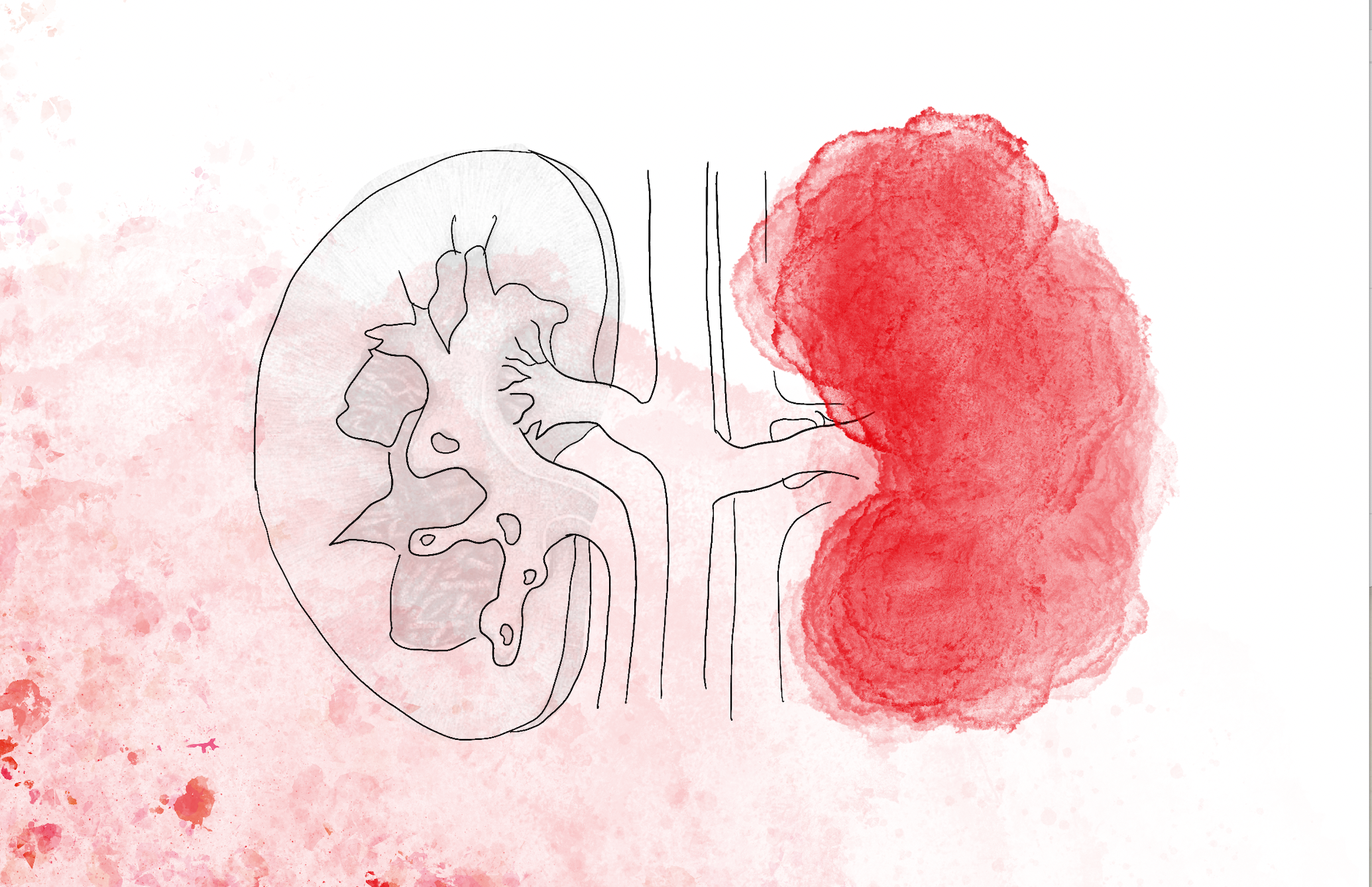April 2025 marked a significant month in oncology, with notable advancements in cancer treatment and research. Here’s a summary of the most compelling studies and recent breakthroughs that caught our eye this month.
Popular CT scans could account for 5% of all cancer cases a year
A recent study from the University of California, San Francisco, published in JAMA Internal Medicine, reveals that CT scans may be responsible for approximately 5% of all new cancer cases annually in the U.S., equating to about 103,000 future cancer diagnoses based on 2023 data. The study analyzed 93 million CT scans performed on 62 million patients, highlighting that ionizing radiation from these scans is a known carcinogen. While the per-scan risk is higher in children, especially those under one year old, the majority of projected cancers are in adults due to higher scan utilization. Commonly affected cancers include lung, colon, leukemia, and bladder in adults, and thyroid, lung, and breast cancers in children.
The study emphasizes the need for more judicious use of CT scans, particularly in cases where alternative imaging methods like MRI or ultrasound could suffice. It also calls for standardizing radiation doses across healthcare facilities, as current practices show significant variability, with some patients receiving excessive doses. Lead author Dr. Rebecca Smith-Bindman stresses the importance of informed decision-making between clinicians and patients to weigh the benefits and risks of CT imaging. Efforts are underway to implement quality measures and standardized protocols to minimize unnecessary radiation exposure and reduce the potential for radiation-induced cancers.
Cancer-fighting implant shows promise in treating melanoma, pancreatic and colorectal tumors
In a significant advancement for cancer immunotherapy, researchers at Rice University’s Biotech Launch Pad have engineered an implantable “cytokine factory” that delivers interleukin-12 (IL-12) directly to tumor sites. This localized approach aims to stimulate the immune system to combat hard-to-treat cancers such as metastatic melanoma, pancreatic, and colorectal tumors.
The device, composed of engineered cells encapsulated in a biocompatible material, releases IL-12 in the tumor microenvironment. This targeted delivery recruits precursor exhausted T cells (Tpex), leading to a robust and diverse population of tumor-fighting T cells. In preclinical models, combining the IL-12 cytokine factory with checkpoint inhibitors resulted in the elimination of both primary and metastatic tumors, demonstrating systemic immune activation without significant toxicity.
Safety evaluations in mouse and non-human primate models indicated that the treatment was well-tolerated, with no adverse effects observed. These encouraging results have paved the way for an investigational new drug application with the U.S. FDA, anticipated in early 2026. Concurrently, plans are underway to establish a biotech company to further develop and commercialize this innovative therapy.
This breakthrough underscores the potential of localized cytokine delivery to enhance immunotherapy efficacy while minimizing systemic side effects, offering new hope for patients with aggressive and treatment-resistant cancers.
Brain pathway links inflammation to loss of motivation, energy in advanced cancer
A study from Washington University School of Medicine, published in Science, has identified a brain pathway linking cancer-related inflammation to the loss of motivation seen in advanced cancer. In a mouse model of cancer cachexia, researchers discovered that neurons in the brainstem sense elevated levels of interleukin-6 (IL-6), an inflammatory molecule. This sensing triggers a pathway that suppresses dopamine release in the nucleus accumbens, leading to apathy and reduced motivation. Notably, blocking this pathway restored motivation in mice, even as cancer and weight loss continued, indicating that apathy can be treated separately from the disease itself.
The study’s findings suggest that targeting this inflammation-driven brain circuit could improve quality of life for patients with advanced cancer. By using approaches such as boosting dopamine levels or blocking inflammation-sensing neurons, researchers were able to reduce apathy in mice. Additionally, treating mice with an IL-6 antibody, similar to an existing FDA-approved drug for rheumatoid arthritis, restored motivation. These results highlight the potential for new treatments that address the psychological symptoms associated with advanced cancer, offering hope for improved patient outcomes.
Healthy nutrition and physical lifestyle choices lower cancer mortality risk for survivors, new ACS study finds
A recent study by the American Cancer Society (ACS) has found that adherence to healthy lifestyle guidelines significantly reduces mortality risk among non-smoking survivors of obesity-related cancers. The research, published in the Journal of the National Cancer Institute, analyzed data from 3,742 cancer survivors over a median follow-up of 15.6 years. Participants who maintained or adopted healthy behaviors—such as maintaining a healthy body mass index (BMI), engaging in regular physical activity, consuming a nutritious diet, and limiting alcohol intake—had a 24% lower risk of all-cause mortality, a 33% lower risk of cardiovascular disease mortality, and a 21% lower risk of cancer-specific mortality compared to those with lower adherence to these guidelines.
The study underscores the importance of lifestyle choices in improving long-term outcomes for cancer survivors. Notably, survivors who improved their lifestyle habits after diagnosis experienced similar reductions in mortality risk as those who consistently followed healthy practices before and after their cancer diagnosis. These findings suggest that it’s never too late for survivors to benefit from positive lifestyle changes, highlighting the critical role of nutrition and physical activity in cancer survivorship.
Delay of more than 42 days for breast cancer surgery raises death risk for certain subtypes, University of Oklahoma study finds
A recent study from the University of Oklahoma, published in Breast Cancer Research, reveals that delaying breast cancer surgery beyond 42 days post-diagnosis significantly increases mortality risk for patients with hormone receptor-positive and HER2-negative subtypes. These subtypes, typically associated with better prognoses due to their slower growth, showed a marked rise in cancer-specific mortality when surgery was postponed: a 21% increase at 60 days, 79% at 90 days, and 183% at 120 days. Conversely, more aggressive subtypes like triple-negative breast cancer exhibited minimal changes in mortality risk with surgical delays.
Lead researcher Dr. Takemi Tanaka suggests that the increased risk in slower-growing cancers may be due to their greater potential for progression over time and possible inflammatory responses triggered by biopsies. These findings underscore the importance of timely surgical intervention, especially for patients with favorable prognostic subtypes. While the Commission on Cancer recommends surgery within 60 days of diagnosis, this study indicates that even shorter intervals may be crucial for certain patients. To further investigate these outcomes, Dr. Tanaka plans to initiate a clinical trial at the OU Health Sciences Center.
Unhealthy metabolic profile sharply increases risk of breast cancer returning and subsequent death from breast cancer among those who have survived the disease
Research presented at the European Congress on Obesity 2025 and published in the Journal of Internal Medicine indicates that breast cancer survivors with metabolic syndrome face a 69% increased risk of cancer recurrence and an 83% higher risk of breast cancer-specific mortality. Metabolic syndrome, characterized by factors such as high blood pressure, elevated triglycerides, low HDL cholesterol, high fasting glucose, and central obesity, was assessed in a pooled analysis of over 42,000 survivors.
The study underscores the importance of metabolic health in breast cancer prognosis. Researchers suggest that chronic inflammation and hormonal imbalances associated with metabolic syndrome may promote tumor growth and metastasis. They advocate for routine metabolic screening in breast cancer survivors and recommend interventions targeting metabolic abnormalities to enhance survival outcomes.
Assessment of a Polygenic Risk Score in Screening for Prostate Cancer
A recent study published in the New England Journal of Medicine highlights the potential of a saliva-based polygenic risk score (PRS) test in enhancing prostate cancer screening. Involving over 6,000 UK men aged 55 to 69, the study identified those in the top 10% of genetic risk based on 130 DNA variants. Among the 468 high-risk individuals who underwent MRI and biopsy, 187 were diagnosed with prostate cancer, with 103 cases classified as intermediate or higher risk. Notably, 74 of these significant cases would have been missed using standard PSA-based screening methods.
The PRS approach demonstrated a higher detection rate of clinically significant prostate cancers compared to traditional PSA tests, suggesting its utility in targeted screening strategies. By focusing on individuals with elevated genetic risk, this method could reduce unnecessary treatments and associated morbidities stemming from overdiagnosis. However, experts caution that while promising, the PRS test requires further validation across diverse populations and long-term studies to assess its impact on mortality and quality of life before widespread implementation.












